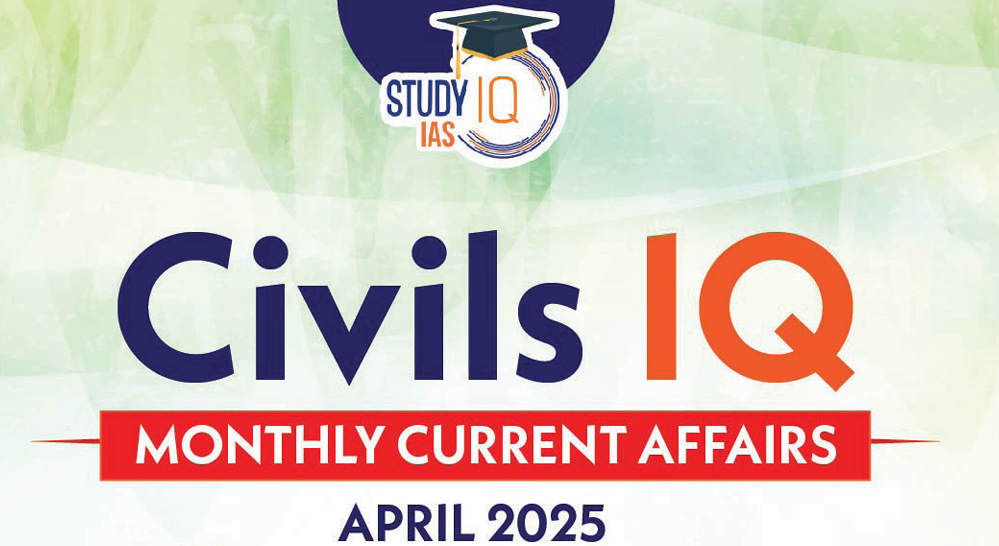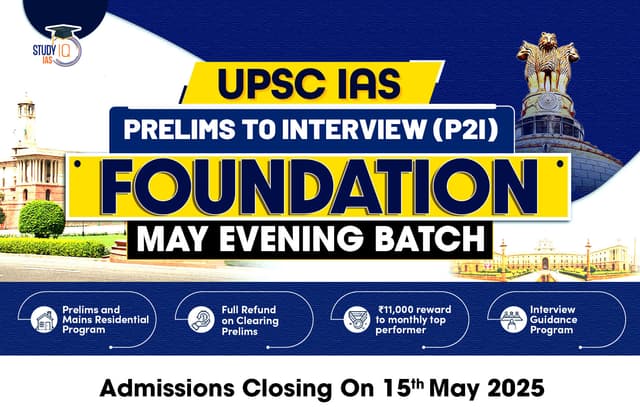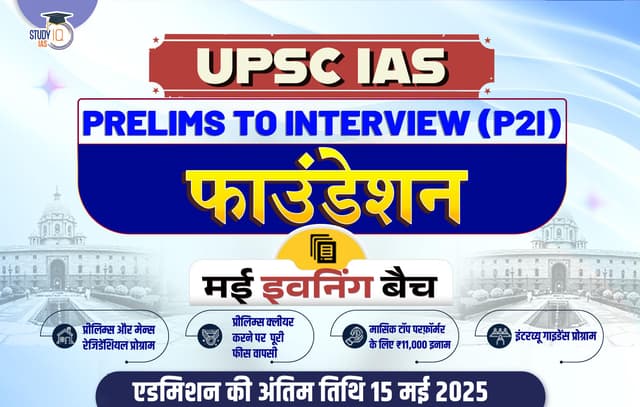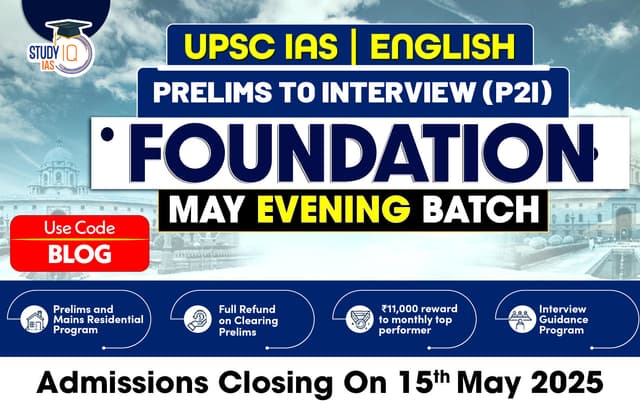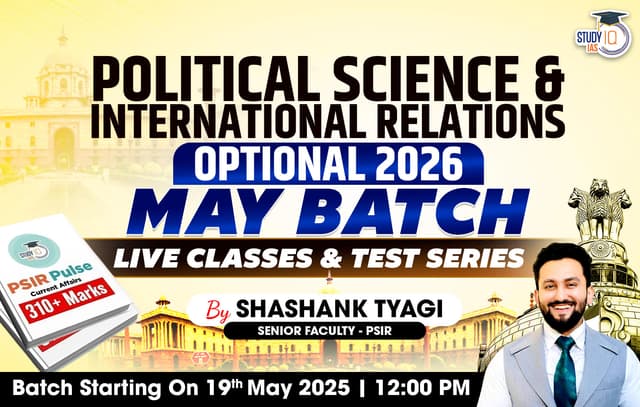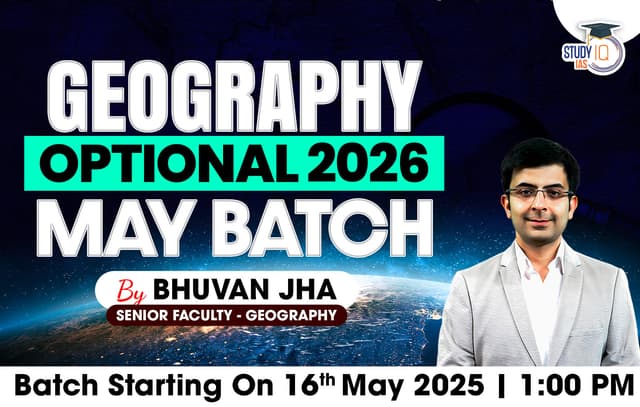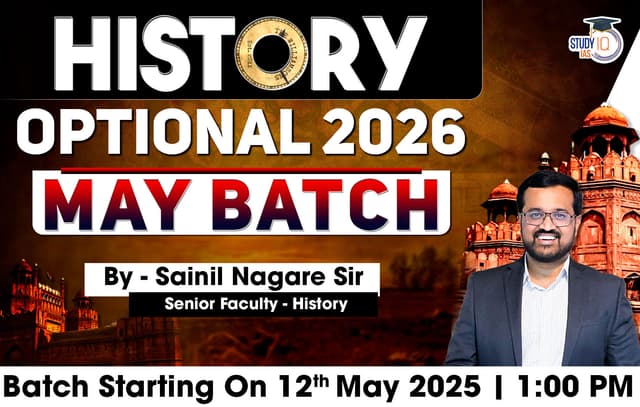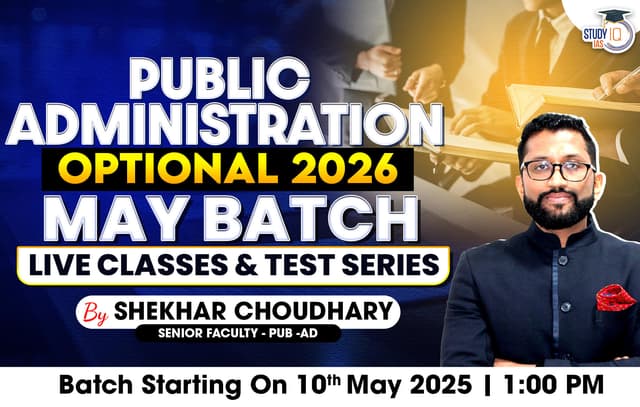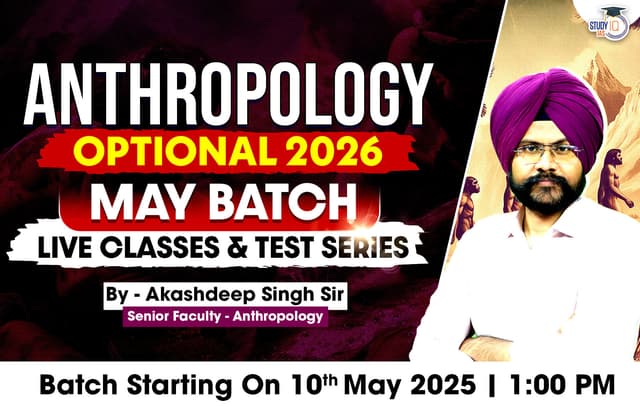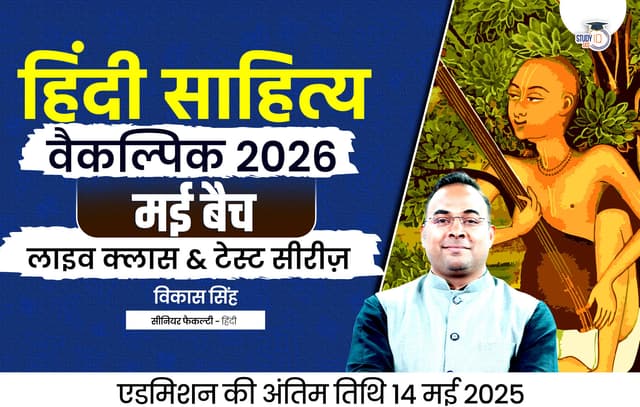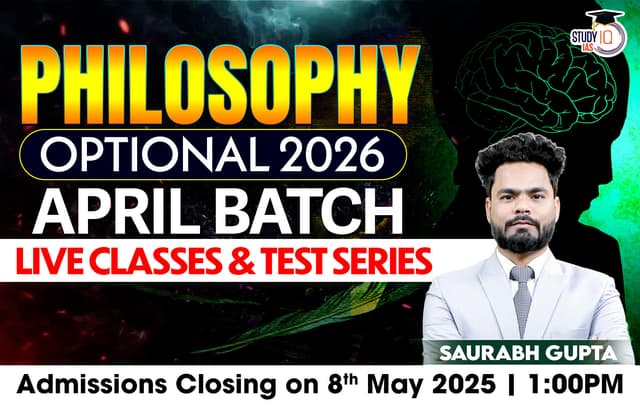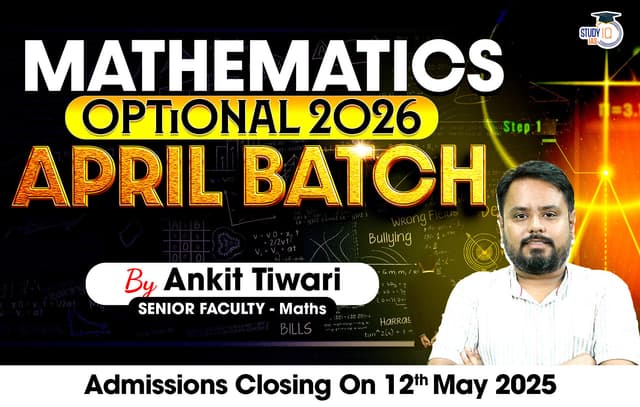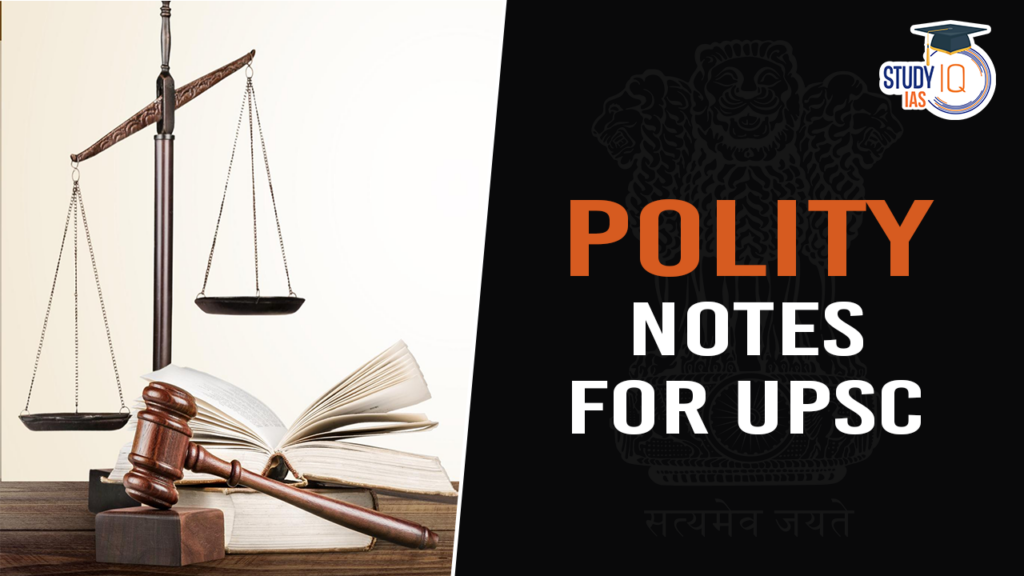
One of the key topics for the UPSC Civil Services Exam is Indian politics. All three levels of the Civil Services exam have included questions that directly relate to the constitutional framework. This article contains a topic-by-topic table of the curriculum for Indian politics for the UPSC, which may greatly assist you in covering Indian polity. You can also download our micro themes syllabus PDF of Indian polity to keep your UPSC preparation syllabus focused.
Indian Polity Notes for UPSC Prelims and Mains
UPSC Indian Polity: The entire constitutional framework and the operation of our political system are encapsulated in Indian politics. To make your preparation easier, we have divided the Indian Polity themes included in the UPSC notification into smaller subtopics. To prepare for the UPSC exam, go over each of these topics in depth. Indian Polity is a vast and complex subject, but there are a few key concepts that are essential for understanding the Indian political system. Here is a brief overview of some of the most important Indian polity notes:
Constitutional Framework Indian Polity Notes
Evolution of the Constitution
- Regulating Act 1773
- Pitts India Act 1784
- Charter Act of 1793
- Charter Act of 1813
- Charter Act of 1833
- Charter Act of 1853
- Indian Councils Act 1861
- Indian Councils Act 1892
- Indian Council Act 1909
- Government of India Act 1919
- Government of India Act 1935
Making of Constitution
Features of the Indian Constitution
- Salient Features of Constitution of India
- Borrowed Features of The Indian Constitution
- Parts of Indian Constitution
- Important Articles of Indian Constitution
- Schedules of Indian Constitution
- Preamble of Indian Constitution
Indian Union and its Territory
- Union and its Territory Constitutional Provisions
- State Reorganisation Act 1956
- Reorganisation of States/state reorganization
Citizenship
- Citizenship in India
- Overseas citizenship of India
- Citizenship amendment act
- Non-Resident Indian and person of Indian origin
- Difference Between Nationality And Citizenship
Fundamental Rights
- Fundamental Rights of Indian Constitution, (Articles 12-35)
- Article 12 and 13 of Indian Constitution
- Article 14 of Indian Constitution
- Article 15 of Indian Constitution
- Article 16 of Indian Constitution
- Mandal Commission
- Articles 17 And 18 of Indian Constitution
- Article 19 of Indian Constitution
- Article 20 of Indian Constitution
- Article 21 of Indian Constitution
- Right To Education Act 2009, Article 21A
- Right To Property
- Right to Information Act
- Right To Freedom Of Religion In India
- Writs In Indian Constitution
- Right To Freedom
- Right to Equality
- Right Against Exploitation
- Right To Privacy
- Preventive detention
Directive Principles of State Policy (DPSP)
- Directive Principles of State Policy (DPSP)
- Uniform Civil Code
- Fundamental Rights vs Directive Principles of State Policy
Fundamental Duties
Amendment of Constitution
- Amendment of the Constitution of India
- Constitution Amendment Bill
- 42nd Amendment of Indian constitution
System of Government
- Parliamentary form of government
- Comparison between Presidential and Parliamentary forms of Government
- What makes India a federal country
Executive Bodies
- Union Executive
- Presidents of India
- Powers of the President
- Impeachment of the President of India
- Veto Power of President
- Ordinance Making Power Of The President
- Vice Presidents Of India
- Prime Minister of India
- Union Council of Minister
- Cabinet Ministers Of India
- Defence Ministers of India
- Finance Ministers of India
- Education Ministers of India
- Difference Between Cabinet And Council Of Ministers
Union Legislature
- Union Legislature
- Lok Sabha
- Rajya Sabha
- Parliament of India
- Members of Parliament
- Parliament Sessions
- Parliamentary Privileges
- New Parliament Building
- Speaker of Lok Sabha
- Pro-Tem Speaker
- Chairman of Rajya Sabha
- Difference between Lok Sabha and Rajya Sabha
Parliamentary Devices, Procedures and Working
- Devices of Parliamentary Proceedings
- Zero hour in parliament
- Question hour in parliament
- Legislative Procedure in Parliament
- Money Bill
- Financial Bill
- Government Budgeting
- Demands for grants
- Appropriation Bill
- Consolidated Fund of India
- Contingency Fund of India
- Cut motions
- Lapsing of Bills
- Adjournment motion
- No Confidence Motion In Parliament
- Difference Between Union Budget And Interim Budget
- Difference Between Money Bill And Ordinary Bill
- Difference Between Interim Budget And Vote On Account
- Difference Between Money Bill And Finance Bill
Parliamentary Groups and Committees
Emergency Provisions In Indian Constitution
State Government and its Machineries
Central State Relations
Union Territories and Special Areas
Local Government
Supreme Court
- Supreme Court of India
- List of Chief Justices in India
- Important Landmark Judgments of Supreme Court
- Collegium System
- Judicial Doctrines
High Court and Subordinate Court
Other Judicial Bodies and Services
- Tribunals In India
- National Legal Services Authority (NALSA)
- Lok Adalat
- Gram Nyayalayas
- Alternative Dispute Resolution
- All India Judicial Service
Constitutional Bodies
- Constitutional Bodies
- National Commission for Scheduled Tribes (NCST)
- National Commission for Scheduled Caste (NCSC)
- National Commission for Backward Classes (NCBC)
- Union Public Service Commission (UPSC)
- State Public Service Commission (SPSC)
- Comptroller And Auditor General Of India (CAG)
- Finance Commission
- Attorney General of India
Non-Constitutional Bodies
- Non-Constitutional Bodies
- National Commission For Minorities (NCM)
- State Information Commission
- Central Information Commission
- National Human Rights Commission (NHRC)
- State Human Rights Commission
- Planning Commission
- NITI Aayog
- Central Vigilance Commission
- Special Officer for Linguistic Minority
- Lokayukta
- Enforcement Directorate
- National Highways Authority of India
- Law Commission of India
- Administrative Reforms Commission
- Delimitation Commission
Political Dynamics
- Party System In India
- Political Parties Symbols In India
- Electoral System in India
- Electoral Reforms In India
- Self Help Group
- Non-Governmental Organisation
- Criminalization of politics
Important Bills, Laws, and Acts
- Difference Between Law, Act, And Bill
- Bharatiya Nyaya Sanhita Bill 2023
- Sedition Law In India
- Delhi Services Bill 2023
- Martial Law
- Prevention Of Money Laundering Act 2002
- Whistleblower Protection Act 2014
- Prevention Of Corruption Act, 1988
- Hindu Marriage Act 1955
- Special marriage act 1954
- Protection Of Children From Sexual Offences Act (POCSO Act)
- Anti Defection Law
- Fugitive Economic Offenders Act 2018
- Representation of People Act, 1950
- Representation of Peoples Act, 1951
- Indian Penal Code
- IPC Section 108 of Indian Penal Code
Governance
International Relations
- International Organizations and their Headquarters
- Neighbouring Countries of India
- Asian countries
- G7 countries
- NATO countries
- G20 Summit
- OPEC
- ASEAN
- India-Pakistan Border Dispute
- India-China Border Dispute
- India-Nepal Border Dispute
- India-Bangladesh Border Disputes
Indian Polity Current Affairs for UPSC & PSC
- Article 143 of Indian Constitution: Power of President to Consult Supreme Court May 16, 2025Context: President Droupadi Murmu has sought the Supreme Court’s opinion under Article 143(1) of the Constitution regarding the timelines and judicial review of her assent to Bills sent by state Governors. Article 143 of Indian Constitution Article 143 of the Indian Constitution empowers the President of India to seek the opinion of ...Read More
- Justice BR Gavai takes Oath as 52nd Chief Justice of India (CJI) May 15, 2025Context: Chief Justice of India (CJI) Sanjiv Khanna has recommended the name of Justice B.R. Gavai to the government for appointment as the 52nd Chief Justice of India. Justice BR Gavai took oath as CJI on May 14, 2025, becoming the 52nd Chief Justice of India. Justice BR Gavai Takes Oath ...Read More
- Union Territories of India with Capital, Governance and History May 8, 2025 Union territories of India are areas directly controlled and administered by the Central Government of India, also known as “centrally administered territories.” The Andaman and Nicobar Islands were India’s first union territory after independence. On 31 October 2019, Ladakh was carved out of Jammu and Kashmir, and it was considered ...Read More
- Strengthening Parliamentary Oversight in India May 6, 2025Context: The article examines the diminishing role of Parliamentary oversight in India, despite the constitutional emphasis on checks and balances, and suggests targeted reforms to revitalise its effectiveness. Parliamentary Oversight Parliamentary Oversight means the different ways and means by which a parliament (the legislative) exercises oversight over, monitors, and holds the executive ...Read More
- Private Member Bill, Key Provisions, Significance and Challenges May 5, 2025Context: The Private Member’s Bill holds immense potential to significantly enrich India’s legislative landscape. About Private Member Bill A Private Member Bill is a legislative proposal introduced in Parliament by a Member of Parliament (MP) who is not a Minister. This includes MPs from both the ruling party (if not a minister) ...Read More
- Article 21 of Indian Constitution, Right to Life and Liberty May 3, 2025Context: In a recent judgement, the Supreme Court of India has said that Digital access is an intrinsic part of the Right to Life and Liberty under Article 21 of the Constitution. Article 21 of Indian Constitution Justice P. Bhagwati stated that Article 21 “embodies a fundamental value of supreme importance in ...Read More
- National Security Advisory Board Revamped after Pahalgam Attack May 3, 2025The National Security Advisory Board (NSAB) has been significantly revamped in the aftermath of the deadly Terror attack in Pahalgam on April 22, 2025. Alok Joshi (Ex-RAW Chief) has been appointed the chairman of the reconstituted National Security Advisory Board, comprising former military and civil service chiefs. The revamped seven-member ...Read More
- Cabinet Committees in India, Structure, Functions, and Significance May 2, 2025Context: Prime Minister Narendra Modi has convened key meetings of the Cabinet Committee on Political Affairs (CCPA) and Cabinet Committee on Security (CCS) following the recent terror attack in Pulwama. Cabinet Committees in India play a crucial role in governance, aiding policy formulation and decision-making across various sectors. Understanding their structure, ...Read More
- Freedom of Press in India, Constitutional Basis and Challenges May 1, 2025Context: In India, more people believe that the media is free than those who consider media freedom to be important. What is Freedom of Press? Freedom of Press is a fundamental right that guarantees the ability of individuals and organisations, including journalists and media outlets, to publish and disseminate information without fear ...Read More
- Deputy Speaker of Lok Sabha, Constitutional Provisions, Powers and Functions May 1, 2025Context: The 18th Lok Sabha has yet to elect a Deputy Speaker. Also, the Deputy Speaker’s office has remained vacant for the entire term of the 17th Lok Sabha (2019–2024). Deputy Speaker of Lok Sabha Deputy Speaker of the Lok Sabha is a key parliamentary position in India. The Lok Sabha ...Read More
UPSC Syllabus For Indian Polity
The Civil Services Exam includes a section on politeness. Both the Prelims and Mains exams cover Indian politics. 16 questions from the UPSC Polity curriculum were directly asked in the 2020 Prelims. All three Civil Services Examination phases included questions on Polity.
Indian Polity for UPSC Prelims 2024
The UPSC Prelims Syllabus includes information on Indian politics, and we have included the UPSC Polity Syllabus 2024 for the IAS Prelims Exam below. Indian polity is an important subject for the UPSC Civil Services Examination, both Prelims and Mains. It is a vast and complex subject, but there are a few key topics that are particularly important for the UPSC Prelims syllabus 2024.
- Polity and Governance in India
- Government of India
- Constitution of India
- Indian Political System
- Local Government
- Indian Parliament
- Indian Judiciary
- Fundamental Rights and Duties
- Centre-State Relations
Indian Polity Syllabus for UPSC Mains
The Indian Polity component is part of the General Studies Paper-II of the UPSC Mains Syllabus. The UPSC Polity Syllabus 2024 for the IAS Mains Exam must be read by candidates before they begin the course of study.
- Constitution of India
- Functions and responsibilities of the Union and the States
- Comparison of the Indian constitutional scheme with that of other countries
- Parliament and State Legislatures
- Appointment to various Constitutional posts
- Structure, Organization and Functioning of the Executive
- Salient features of the Representation of People’s Act
- Government policies and interventions
- Health, Education, and Human Resources
- Development Processes and the development industry
- Issues relating to Poverty and hunger
- Role of civil services in a Democracy
- Important aspects of governance.
Indian Polity Syllabus for UPSC Topic-Wise
Here you can check the Indian Polity Syllabus 2024 in detail:
| Topic Wise UPSC Polity Syllabus 2024 | |
| Important Polity Topics | Polity Sub-topic |
| Constitutional Framework |
|
| System of Government |
|
| State Government |
|
| Central Government |
|
| Constitutional Bodies |
|
| Union Territories & Local Government |
|
| Non-Constitutional Bodies |
|
| Emergency Provisions |
|
| Miscellaneous |
|
| Current Affairs |
|
Indian Polity Books For UPSC Preparation
You can refer this book for this for the UPSC Preparation :-
| UPSC Books for Indian Polity | |
| Indian Polity |
|

